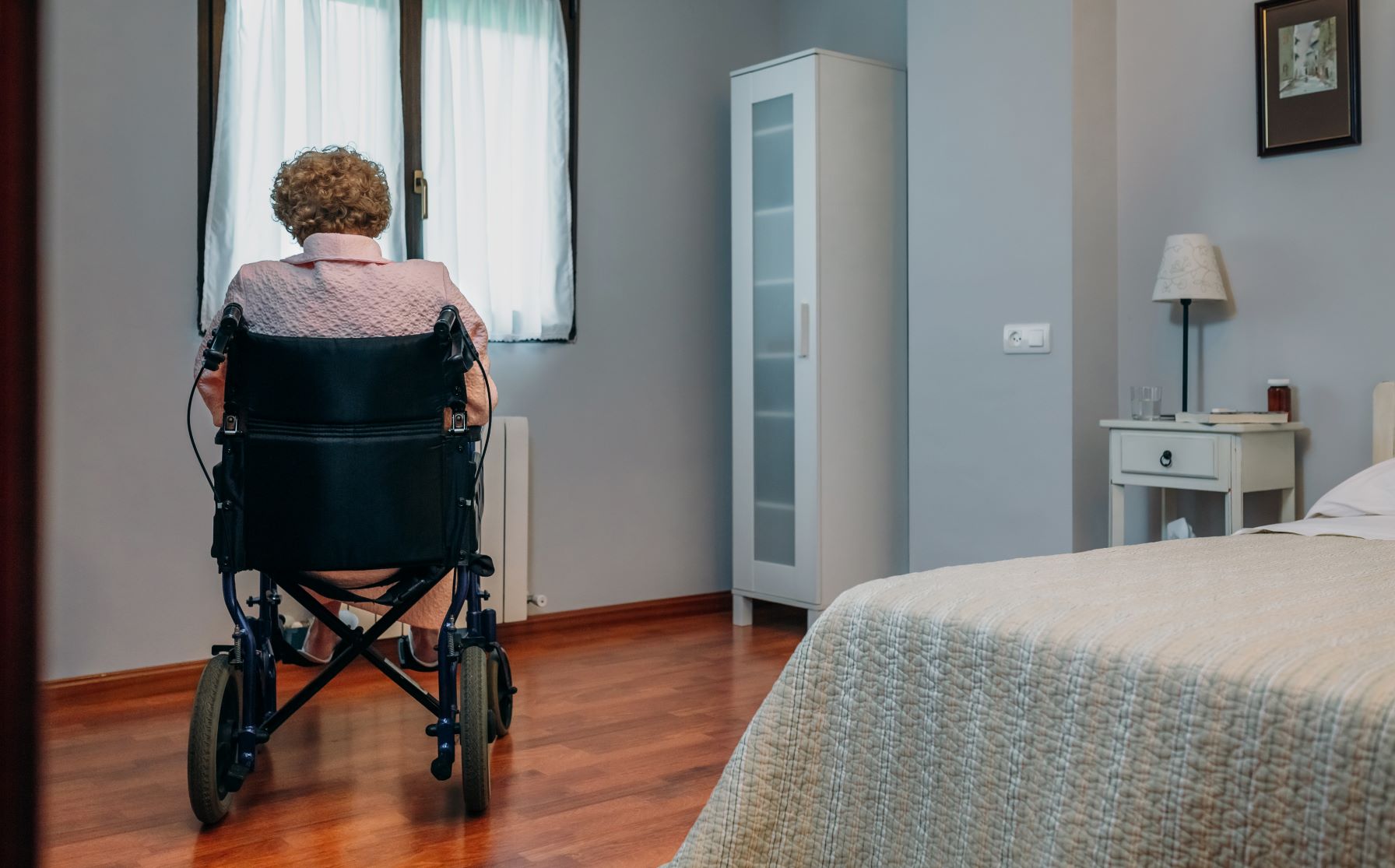AARP Hearing Center

TODAY, MAY 18, 2020, AARP STATE DIRECTOR NANCY McPHERSON SENT THE FOLLOWING LETTER TO GOVERNOR GAVIN NEWSOM:
May 18, 2020
The Honorable Gavin Newsom
Governor, State of California
State Capitol, First Floor
Sacramento, California 95814
Dear Governor Newsom:
On behalf of AARP’s 3.3 million California members and all older Californians, I am writing to express AARP’s strong opposition to any budget proposal, executive order, or legislation that would grant immunity from liability to nursing homes, assisted living facilities, or other long-term care (LTC) facilities during the COVID-19 pandemic. AARP is a longtime and tireless advocate for the rights and interests of residents in nursing homes and other residential care facilities. We believe it is our duty as a society to ensure the health, safety, quality of care, and quality of life for our most vulnerable persons. This includes the rights of residents and their families to seek legal redress through the courts in order to hold facilities accountable for harm suffered through neglect or abuse.
Nursing homes and other residential facilities play an important role in California’s system of long-term services and supports (LTSS). During this pandemic, nursing homes and other residential care facilities face unprecedented challenges, and tragically, as of May 15, 2020, there are 1,050 reported COVID-19 related deaths of nursing home residents in California, according to data reported by the California Department of Health Care Services. Moreover, we do not know whether this number represents all facilities in the state or just a portion of them. Without increased protective equipment, testing, and treatment protocols, millions more will contract the coronavirus and thousands more could die. While there may be some circumstances beyond facilities’ control and for which they should not be held liable, it is essential that long-term care providers, as well as health care providers more broadly, remain responsible for any and all negligent actions on their part, in order to ensure long-term care residents have protection and opportunity for redress. “Blanket” immunity is not the answer.
Given that most inspections of nursing homes have been suspended, family in-person visits are effectively prohibited except in limited circumstances, and in-person long-term care Ombudsman visits are similarly restricted, there are fewer eyes observing what is happening in these facilities. Residents of nursing homes and other long-term care facilities are often unable to advocate for themselves and now have very limited access to people who can advocate on their behalf. This lack of oversight is alarming, and makes it that much more critical to ensure that, when all else fails, residents and their families will still have access to the courts to seek redress.
As it stands, pursuing a neglect or abuse case against a nursing home or other facility in court is not easy to do. In California, there are already many significant barriers to accessing the courts, including the fact that state statute requires that elder abuse cases be proven by the very high standard of “clear and convincing” evidence, which is very difficult to show when the victim of abuse suffers from dementia or is deceased. The fact is that no family member who has lost a loved one due to neglect or abuse pursues this course of action lightly. It is always an option of last resort -- but it must remain an option.
From the moment you took office you have made older Californians a priority, from the Master Plan for Aging, to your executive order on bulk purchasing, to your support for Paid Family Leave. You were also the first governor in the nation to issue a stay-at-home order for people 65 and older. It is in the spirit of leadership that we ask you not to strip away the rights and protections of California’s most vulnerable residents. Nursing homes and other long-term care facilities must know they will continue to be held accountable for providing the same level of quality care that is required of them by law, and for which they are being compensated. This accountability also incentivizes facilities to self-correct by addressing problems that could cause quality of care to deteriorate.
I appreciate your consideration of AARP’s position, and I urge you not to issue an executive order or support any legislative proposal that would grant blanket immunity to residential care facilities. Families all across California are counting on you to protect the health and safety of their loved ones.
Sincerely,
Nancy McPherson
State Director
AARP
CC:
Members of the California State Senate
Members of the California State Assembly
Secretary Mark Ghaly, California Health and Human Services































































